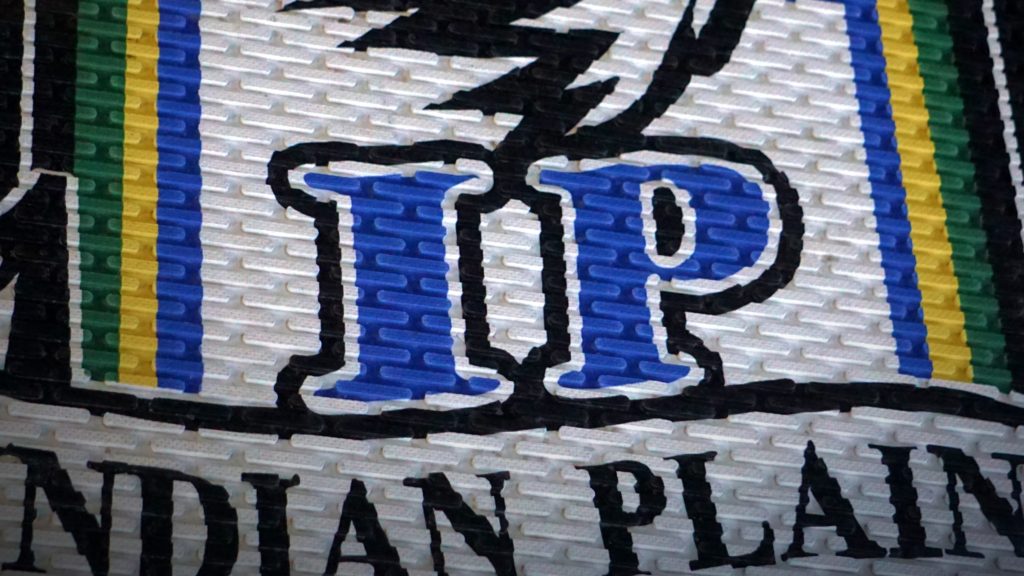
In the recent breach of contract case in federal court in New York, we learn about what it takes for a copyright licensee to successfully assert that a warranty from the licensor as to copyright ownership has been breached. Licensee’s unsuccessful efforts to verify the truth of the facts warranted provided a key basis for the lawsuit to move forward.
Blake and Video Elephant entered into an agreement whereby Video Elephant granted a sublicense for Blake to use certain news, entertainment, sports, and other related content. Video Elephant’s business model was to procure such rights from content owners and then grant sublicenses to licensees such as Blake. The agreement contained a provision whereby Video Elephant “warrant[ed] that [the third party owner] is the sole owner of all copyright in [the content] which is granted to [Blake] under this Agreement other than such logos and trademarks and/or title name which are owned by [Blake].”
Assure or get sued
This warranty was crucial for Blake, as it helped Blake be assured that it could use and broadcast the content without the fear of copyright infringement claims from third parties. After Blake repeatedly attempted, without success, to verify whether the third party creator actually owned the intellectual property rights in the content, and after Video Elephant failed to offer adequate assurances that the third party had such rights, Blake filed a counterclaim in the ongoing litigation between the parties for breach of warranty.
Video Elephant moved to dismiss the counterclaim. The court denied the motion.
Due diligence dead end
Blake alleged that it conducted thorough investigations, consulting relevant rights databases and contacting business contacts in the movie industry, seeking to confirm the third party’s ownership of the rights. Despite these efforts, the ownership remained unverified, leading to Blake’s conclusion that the third party might not be the sole owner of the copyright in the licensed content. This situation, according to Blake, rendered it unable to use the content as intended under the agreement, thereby causing substantial damages.
Video Elephant, on the other hand, argued that Blake’s allegations were unfounded, asserting that Blake’s pleading failed to establish a claim for breach of express warranty. It argued that Blake had not demonstrated that the warranty was, in fact, breached.
Belief about doubt
In ruling in Blake’s favor, the court noted that Blake’s assertions “[u]pon information and belief,” that “[the third party] was not in fact the sole owner of all copyright rights in and to the content licensed” and Blake’s unsuccessful investigations into the ownership of the sublicensed content’s rights made the inference of breach plausible.
Moreover, the court found that under New York law, Blake had pled facts showing its reliance on the warranty as the basis for the agreement, since without such third party rights being granted, Blake would have been at risk of infringement liability. The court also found that the lack of assurances – and the resulting inability to use the content because of the resulting infringement risk – supported Blake’s allegations of “substantial damages”.
Video Elephant Ltd. v. Blake Broadcasting LLC, 2024 WL 68525 (S.D.N.Y. January 5, 2024)
See also:
